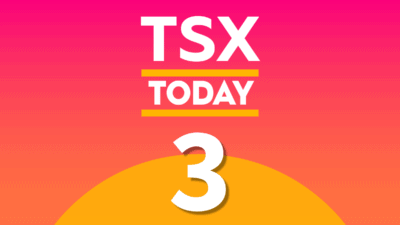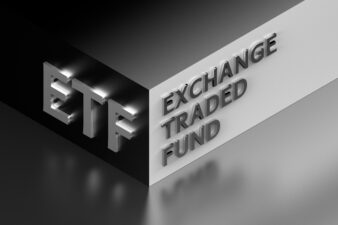Most people think that their Tax-Free Savings Accounts (TFSAs) can’t be taxed. It’s in the name, after all: tax-free. You don’t invest in a TFSA expecting to pay taxes. But as many Canadians are finding out the hard way, you can, in fact, pay taxes in a TFSA. By holding foreign stocks or skirting the account rules, you can wind up paying out your TFSA returns to the CRA. In this article, I’ll explore four common ways it can happen — starting with the most common.
Foreign stocks
Investing in foreign dividend stocks is by far the most common way to get taxed in a TFSA. This may be happening to you without you even realizing it. Many foreign governments charge withholding taxes on their companies’ dividends when paid to Canadians. The U.S., for example, charges 15%. If you hold U.S. stocks in a TFSA, you my find yourself paying sizable taxes on dividends. The same goes for other foreign countries, too.
Day trading
Day trading is another way you can get taxed in a TFSA. The TFSA is meant for long-term investing, not full-time day trading. If the CRA notices you reaping millions of dollars in options trades by using advanced trading strategies, it may decide you’re running a business and nullify your TFSA tax benefits. If this happens to you, you could end up paying very steep taxes. So, stick to conservative long-term investments like iShares S&P/TSX 60 Index Fund (TSX:XIU) in your TFSA. It’s not the right account for day trading or running a business in.
Investments that aren’t approved
Related to day trading are non-approved investments. The TFSA was meant to hold publicly traded securities: stocks, bond funds, GICs, etc. If you try to stuff your shares of a family-owned business in a TFSA, the CRA will ding you. Fortunately, your bank is well aware of this and will probably block you from doing so if you attempt it. But it’s something to be aware of, nonetheless.
Contributions over the limit
The last thing that can get your TFSA taxed is contributions beyond your limit. Everybody gets a certain amount of TFSA space every year. The space accumulates over time. If you were 18 or older in 2009, you have $75,500 in accumulated space. If you’ve already made contributions, subtract those contributions from the total. Any contributions you make over your TFSA limit will be taxed at 1% per month. So, be aware of your limit. It could save you a lot of money.
Foolish takeaway
The bottom line on TFSAs is this:
Stay within the limits, and stick to defensive long-term investments. I personally like holding index funds like XIU in my TFSA, because they pay Canadian dividends that are 100% tax exempt in the account. XIU holds 60 stocks, providing ample diversification, and charges a mere 0.16% annual fee. It also has a 2.3% dividend yield — higher than you get with the S&P 500. It’s definitely a fund worth looking into.







